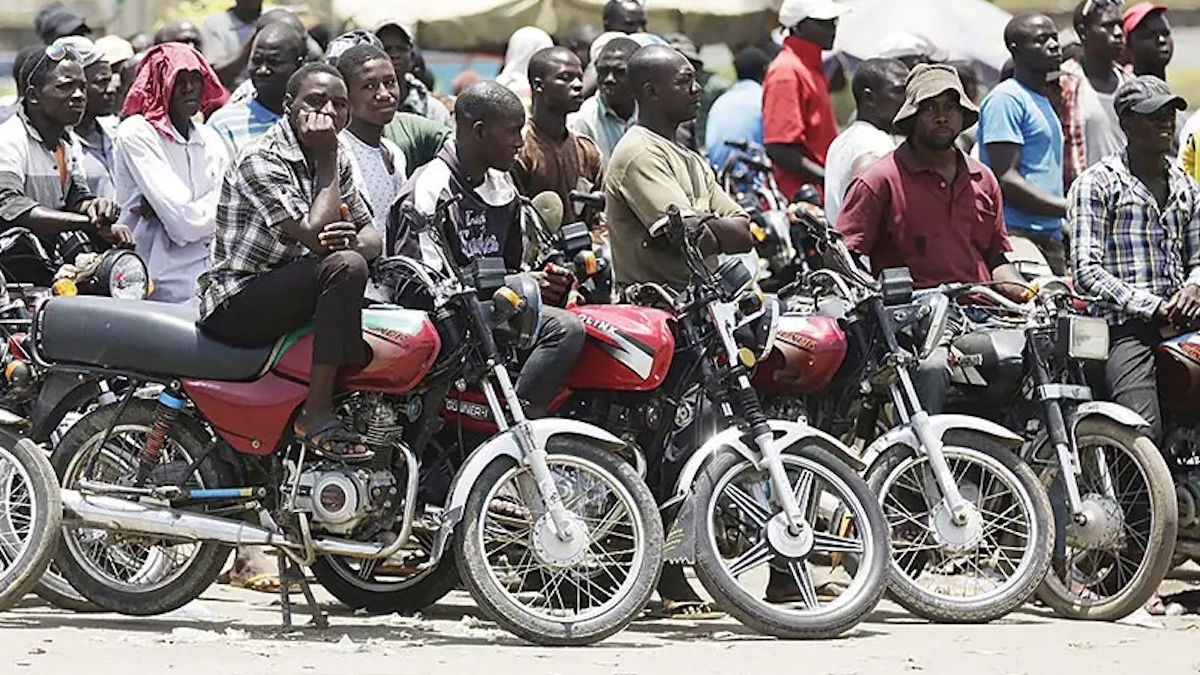One of the world’s most populated nations is about to ban ALL motorcycles
Nigeria - the sixth most populous nation in world - set to ban the use and sale of all motorcycles in an effort to hamper the actions of terrorist 'bandits'

The federal government of Nigeria is strongly considering a ban on the sale and use of motorcycles across the country as an unusual new tactic to stop terror attacks.
On Thursday, Nigeria’s Minister of Justice, Abubakar Malami, told reporters that by banning the predominant mode of transport as used by terrorist groups across the country, it would severely hamper their logistical efforts.
“Placing a ban on the use of motorcycles and mining activities will cut the supply of logistics to the terrorists,” reports Nigeria’s Times newspaper.
“This will be done in the national interest. We are Nigerians because Nigeria as a country exists and any issue that will translate into a threat to national security or the corporate existence of the country requires certain sacrifices.”
The plans come as Nigerian authorities attempt to curtail the efforts of various jihadist terrorist groups - such as Boko Haram and Islamic State - responsible for numerous attacks across the country, with offences ranging from killings, kidnappings and sexual violence committed by members known as ‘bandits’. [Ed: Main image from library, no association with terrorist organisations]
Crucially, ‘bandits’ mostly use motorcycles in order to launch attacks quickly and without warning to devastating effect, as well as move around the area without detection.
The actions of the federal government come after Governor Bello Mattawale of Zamfara State last week introduced a curfew for the use of motorcycles in the town of Gusau. He then directed his security personnel to shoot on sight anyone caught riding a motorcycle between 8pm and 6am.
With a population of more than 200 million people, Nigeria is the world’s sixth most populous nation with an annual motorcycle sales figure of more than 500,000.
However, while the sweeping changes might be viewed as somewhat extreme, Malami considers it a minor sacrifice in the context of ensuring ‘national security’.
“Regardless of the means that is being considered for the possible banning, this is a sacrifice that we see as what will help address the security challenges and I think no sacrifice is too big as far as that issue is concerned.
“Above all, if you are talking of banning motorcycles, for example, I think the number of people using these motorcycles is not up to 20 per cent of the Nigerian population,” he said. “So if that percentage is called to make a sacrifice that is all-pervading or affecting over 200 million Nigerians, I think that sacrifice is not too much and is worthy of being considered.”

